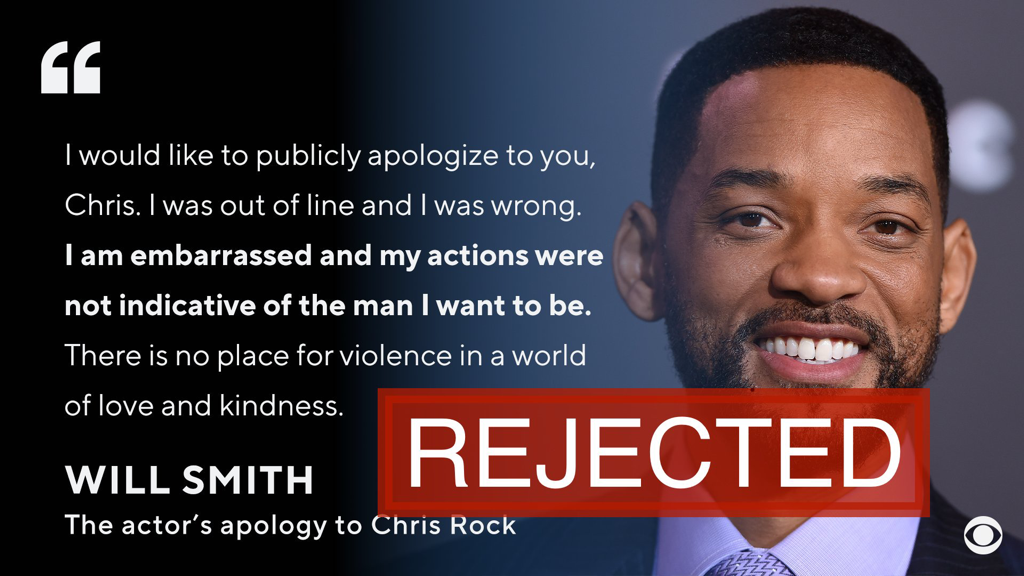|
In our prior article on apologizing, we discussed if and when you should apologize. If you haven’t read that, just scroll down. Check it out first. If you’re rebellious or just like to drive in reverse, here’s a quick summary… Only apologize for a behavior or action of yours that is not in line with your own moral standards. DO NOT apologize based solely on another person’s reaction or for personal gain. The first article will make better sense of that, so don’t try to sneak any questions in the comments. In part three we will discuss how to handle situations in which you are ‘sorry’ for hurting the other person’s emotion, tho, you do not believe you did something wrong or are confused by the situation. In short, never just throw out a ‘sorry’ like a Hail Mary at the end of a Football game. Sooner or later, the press will be asking about the rest of your Playbook. Simple enough…for now? Perfect. Now, what makes a good apology? Rule #1 A good apology starts without an expectation of how you’d like the other party to react. This is not a sales job. Forgiveness is their option, not yours. Rule #2 Keep it short and specific to the behavior or action that was against your moral standards. Anything beyond is self-indulgence or risks entangling the apology with other issues. Rule #3 Resist the urge to justify. This is where apologies often go haywire. You’re not getting the desired reaction, so you begin throwing things out there to fill the silence and now you’re in no man’s land. Keep the improv skills to open mic. Rule #4 Don’t make it bigger or smaller than it is. Got caught looking at the hot guy/girl at the pool? A ‘my bad’ might suffice. No need to waste your partner’s time going on about how “they’re perfect the way they are” or throwing out fun facts on the origin of the bikini’s name. (It’ll kill at your next party, tho) Different story if you’ve been caught having an affair. I think you’d agree that a ‘my bad’ is plain insulting. If you’re in this situation, just call me. We have more work to do than an apology. Rule #5 Only make promises you are able to reasonably keep. If this is a recurring issue, do not state it will never happen again. Instead, let the person know that this is something you will continue to work on and what they ‘can expect. If there is a specific step you will be taking to rectify the situation going forward, state it, then follow through. If not, use the ‘best I can do’ approach below. Bonus Tips
Moving on…
Got the above memorized? If not, just watch every Celebrity or Influencer apology and do the opposite. (Will Smith, let it go…your ‘slap’ is old news. We’ve got Kanye wearing black masks praising a certain German dictator…so just release Bad Boys 4 and get on with it.) In the real world, let’s keep apologies short and simple. The truth is, often the best basis for an apology is an “I f*cked up.” (“I screwed up” or “I messed up” will suffice…) That’s something we can all relate to and is a great starting point. This leads to solid apologies such as… “I’m sorry for booking a client during our planned date night. I screwed up. Going forward I will block off our date nights in my work calendar the moment we plan it.” or “I’m sorry for cutting you off and walking away in frustration while you were in the middle of sharing your feelings last night. I acted selfishly by not wanting to confront the issue. Confrontation can be very difficult at times and am something I am actively working on. The best I can do is to acknowledge when I avoid it and be more vocal how I’d prefer to be approached when a situation arises.” The former is simple and to the point. Mistake is yours, so own it. The second is a bit more complex because there is an underlying issue as to why the behavior is occurring. However, that underlying issue is to be discussed at a later point. This is why I prefer the ‘best I can do’ approach. The reason being is that the underlying issue may involve how the other person reacts to your responses, personal issues unrelated to that person, or a lot of unknowns that need deeper discussion. Handle the apology first. Give the person space to respond or not. Then at a later time ask to discuss the underlying issues associated. Space is healthy. Entangling an apology with more complex, emotional issues in that relationship is akin to lighting a match at the gas station. I think that about sums it up for this post. Now go practice some of your own apologies and see what you come up with. Till next time…enjoy! Comments are closed.
|
Jeff Hanson, Founder Archives
January 2024
Categories |
|
|




 RSS Feed
RSS Feed




